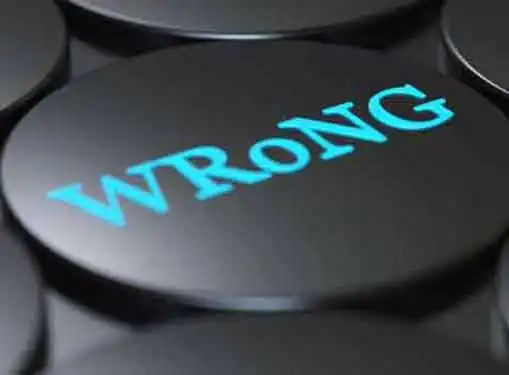Small Business Failure
Why Small Businesses Fail
Success in business is never automatic. It isn't strictly based on luck - although a little never hurts. It depends primarily on the owner's foresight and organization. Even then, of course, there are no guarantees.
Starting a small business is always risky, and the chance of success is slim. According to the U.S. Small Business Administration,

These figures aren't meant to scare you, but to prepare you for the rocky path ahead.
In his book Small Business Management, Michael Ames gives the following reasons for small business failure:
- Lack of experience
- Insufficient capital (money)
- Poor location
- Poor inventory management
- Over-investment in fixed assets
- Poor credit arrangements
- Personal use of business funds
- Unexpected growth
Gustav Berle adds two more reasons in The Do It Yourself Business Book:
- Competition
- Low sales
More Reasons Why Small Businesses Fail
Underestimating the difficulty of starting a business is one of the biggest obstacles entrepreneurs face. However, success can be yours if you are patient, willing to work hard, and take all the necessary steps.
On the Upside
It's true that there are many reasons not to start your own business. But for the right person, the advantages of business ownership far outweigh the risks.
- You will be your own boss.
- Hard work and long hours directly benefit you, rather than increasing profits for someone else.
- Earning and growth potential are far greater.
- A new venture is as exciting as it is risky.
- Running a business provides endless challenge and opportunities for learning.
Share this article
Additional Resources for Entrepreneurs



Conversation Board
Why do you think small businesses often fail? Do you have anything to say about small business failure rates? We welcome all comments, tips, advice and suggestions.